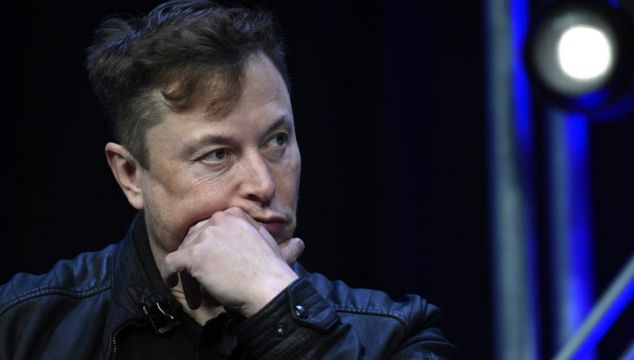The European Union has said blue ticks on Elon Musk’s X are deceptive and the online platform falls short on transparency and accountability requirements, in the first charges against a tech company since the bloc’s new social media regulations took effect.
The European Commission outlined the preliminary findings from its investigation into X, formerly known as Twitter, under the 27-nation bloc’s Digital Services Act (DSA).
The DSA is a sweeping set of regulations that requires platforms to take more responsibility for protecting users and cleaning up their sites.
For the first time, we are issuing preliminary findings under the Digital Services Act.
In our view, X does not comply in areas linked to:
▪️ Dark patterns
▪️ Advertising transparency
▪️ Data access for researchers
We will ensure that all platforms comply with EU legislation.— European Commission (@EU_Commission) July 12, 2024
Advertisement
Regulators took aim at X’s blue ticks, saying they constitute “dark patterns” that are not in line with industry best practice, and can be used by malicious actors to deceive users.
After Elon Musk bought the site in 2022, it started issuing the verification marks to anyone who paid eight dollars per month (£6.20) for one.
Before Mr Musk’s acquisition, the ticks mirrored verification badges common on social media and were largely reserved for celebrities, politicians and other influential accounts.







